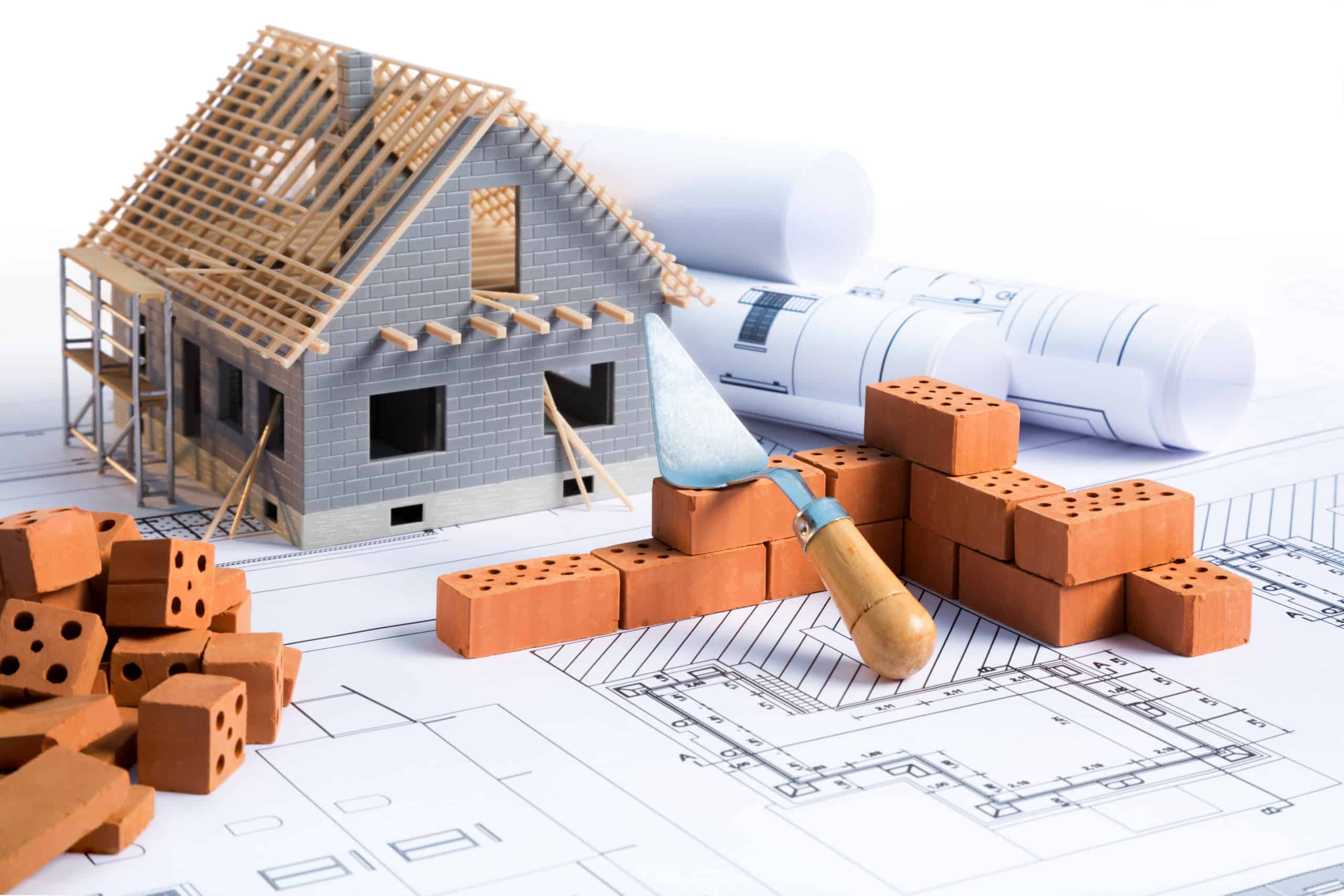
Overall, the average price of a new build property in the UK is £306,997.
The greatest difference in price between a new build and the rest of the market is in Harlow, where the discrepancy has reached 108%, equating to a price difference of £293,556.
Blaenau Gwent in Wales followed, with the gap being 99.7%, equally a price difference of £98,233.
In contrast, in Surrey Heath, new build properties are on average 25.2% cheaper than the rest of the market.
As a result, the average price of a new build property in the area is £101,063 less.
The data also reveals that the cheapest places to buy a new build were all located in either the North of England or Scotland, with Hyndburn, in Lancashire, being the only authority where the average new build costs less than £100,000.
All of the most expensive places to buy a new build were located in the south, with the most expensive of all being found in Prime Central London locations such as Kensington and Chelsea (£1,167,805), Westminster (£1,006,564) and the City of London (£930,033).
Dave Sayce, managing director at Compare My Move, said: “Alongside price, there are many other aspects to consider when choosing whether to purchase a new build or an existing property.
“If you are wanting a property which is immediately liveable and ready to move into, a new build may be the best option for you.
“Most new builds allow you to customise the property to be as bespoke as you like, from choosing the fittings to paint colours.
“The purchasing process can also be easier, as once you reserve the property it is taken off the market.
“However, the process from reservation to the completion of construction can be lengthy, so it might not be the best option if you are looking to move in the near future.
“Our research shows a North-South divide when it comes to the price of new builds, with London and the South East being the most expensive areas to buy a new build property, whereas the North of England and Scotland dominate the cheapest areas.
“Although new builds typically offer lower repair and maintenance costs, as well as being more environmentally friendly than existing properties, historical homes do have their benefits.
“Older properties usually provide lots of character, with features unique to their period, as well as more space and potential to add your own stamp.”



